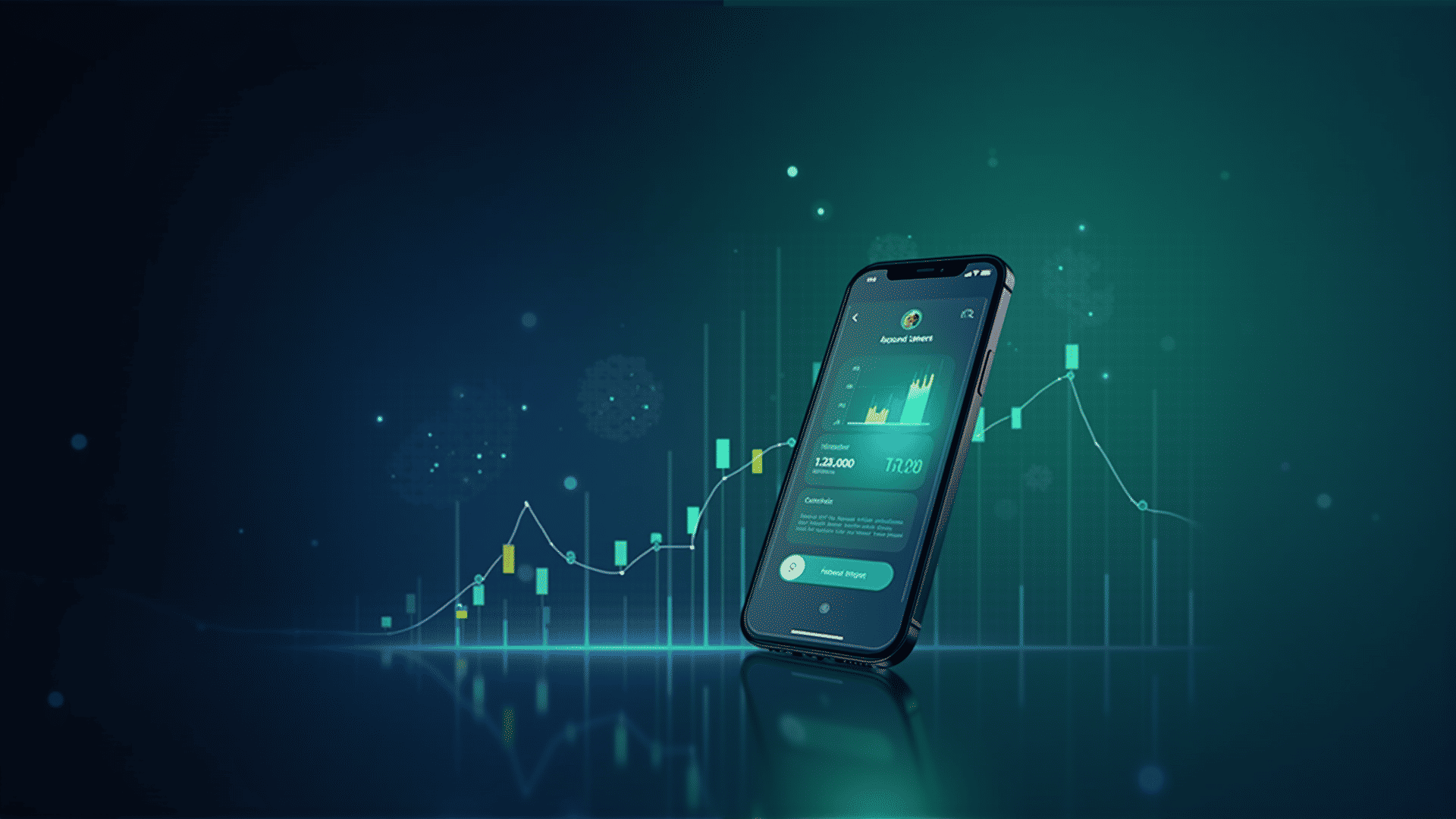In today's fast-paced digital age, mobile apps have become an integral part of our daily lives, transforming the way we communicate, work, shop, and even manage our finances. The financial sector, in particular, has seen a remarkable transformation, thanks to the proliferation of mobile apps dedicated to personal finance management. These intuitive and convenient tools offer users unprecedented control and independence when it comes to managing their money, revolutionizing the traditional notions of how we handle our personal finances.
One of the most significant ways mobile apps are transforming personal finance is by providing real-time access to financial information. Users can now track their spending, monitor account balances, and even make transactions whenever and wherever they choose, right from their smartphones. This on-the-go access eliminates the need to visit a physical bank or wait for monthly statements, allowing individuals to stay on top of their financial health at all times.
Budgeting, a historically cumbersome task, has also been simplified and made more effective through mobile apps. Financial app developers have created intuitive interfaces that allow users to set spending limits, categorize expenses, and even receive alerts when they are approaching budget thresholds. These features not only promote responsible spending but also provide insights into spending habits, helping individuals make more informed financial decisions.
Moreover, mobile apps have significantly enhanced the approach to saving and investing. With the advent of micro-investing platforms, users can now invest spare change automatically or set small, incremental investments over time, democratizing the investment process and making it accessible to a broader audience. Additionally, savings apps use algorithms to analyze income and spending patterns, suggesting tailored savings goals and plans that are seamlessly integrated into users' lifestyles.
Security is another critical area where mobile apps have influenced personal finance management. As concerns about data breaches and fraud grow, many finance apps have incorporated robust security measures such as biometric authentication, encryption, and real-time fraud monitoring to protect users' financial information. These features instill confidence and trust, encouraging more users to engage with digital financial tools.
Furthermore, the landscape of financial literacy is rapidly evolving with the help of mobile applications. Many apps now offer educational content, tips, and personalized advice to help users improve their financial knowledge and capabilities. This empowerment through education fosters a generation of financially savvy individuals who are better equipped to navigate the complexities of modern finance.
The convenience and accessibility offered by mobile finance apps have also fueled the rise of digital payments and peer-to-peer transactions. Gone are the days of cumbersome cash transactions or even credit card swipes; users can now send money to friends, pay bills, and make purchases with just a few taps on their screens. This shift towards a cashless society not only reduces transaction times but also minimizes physical contact—a consideration that has gained prominence in the wake of global health concerns.
In conclusion, mobile apps are undeniably revolutionizing personal finance management, offering users unparalleled control, convenience, and financial empowerment. By providing real-time access to financial data, simplifying budgeting, enabling seamless saving and investing, and enhancing security, these tools are transforming how individuals approach their finances. As technology continues to evolve, we can expect these apps to become even more sophisticated, further integrating into our financial ecosystems and redefining our financial futures. Whether you are a novice or a seasoned financial expert, embracing mobile finance apps is essential for maintaining effective and efficient financial management in the digital age.
